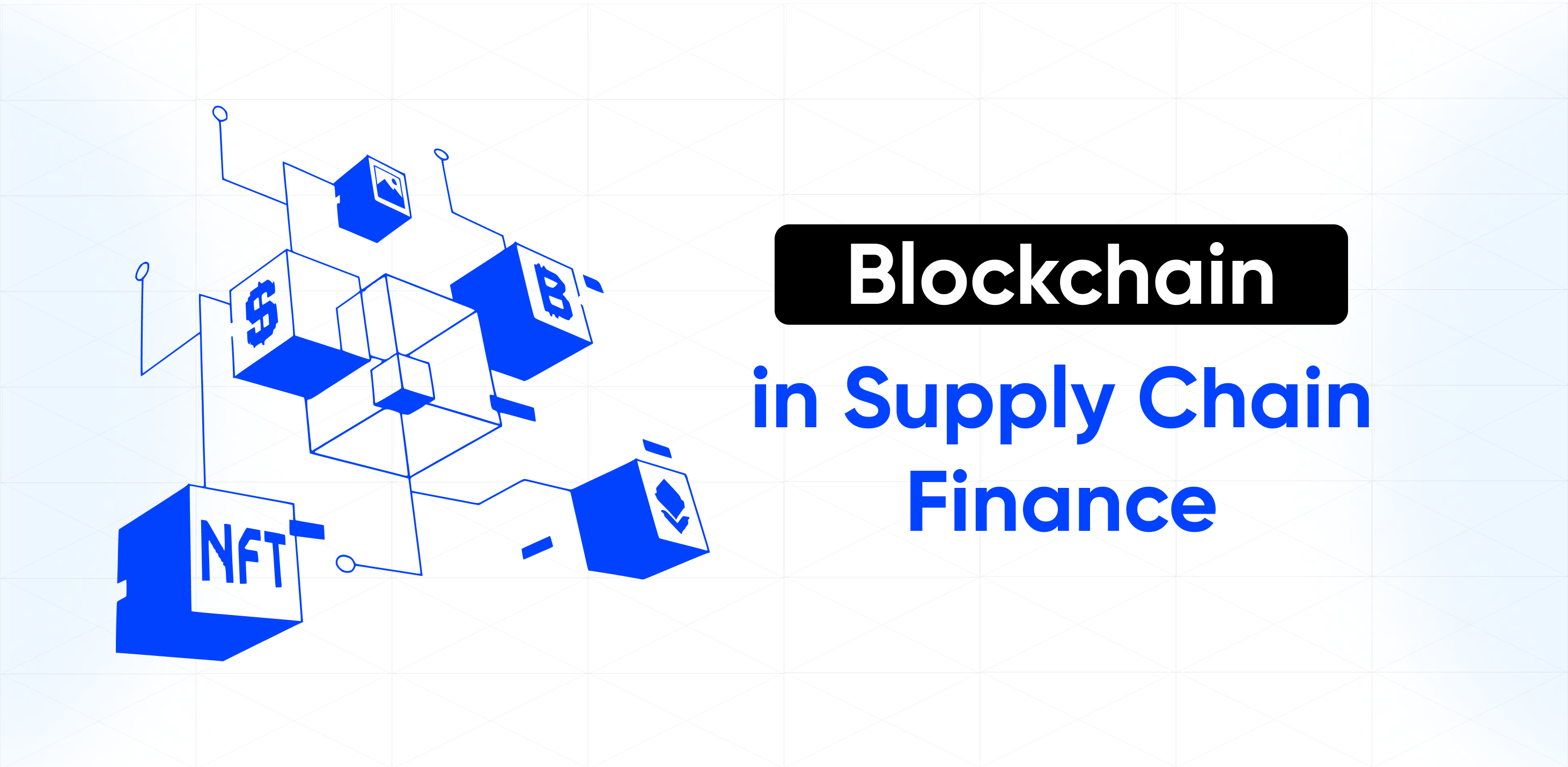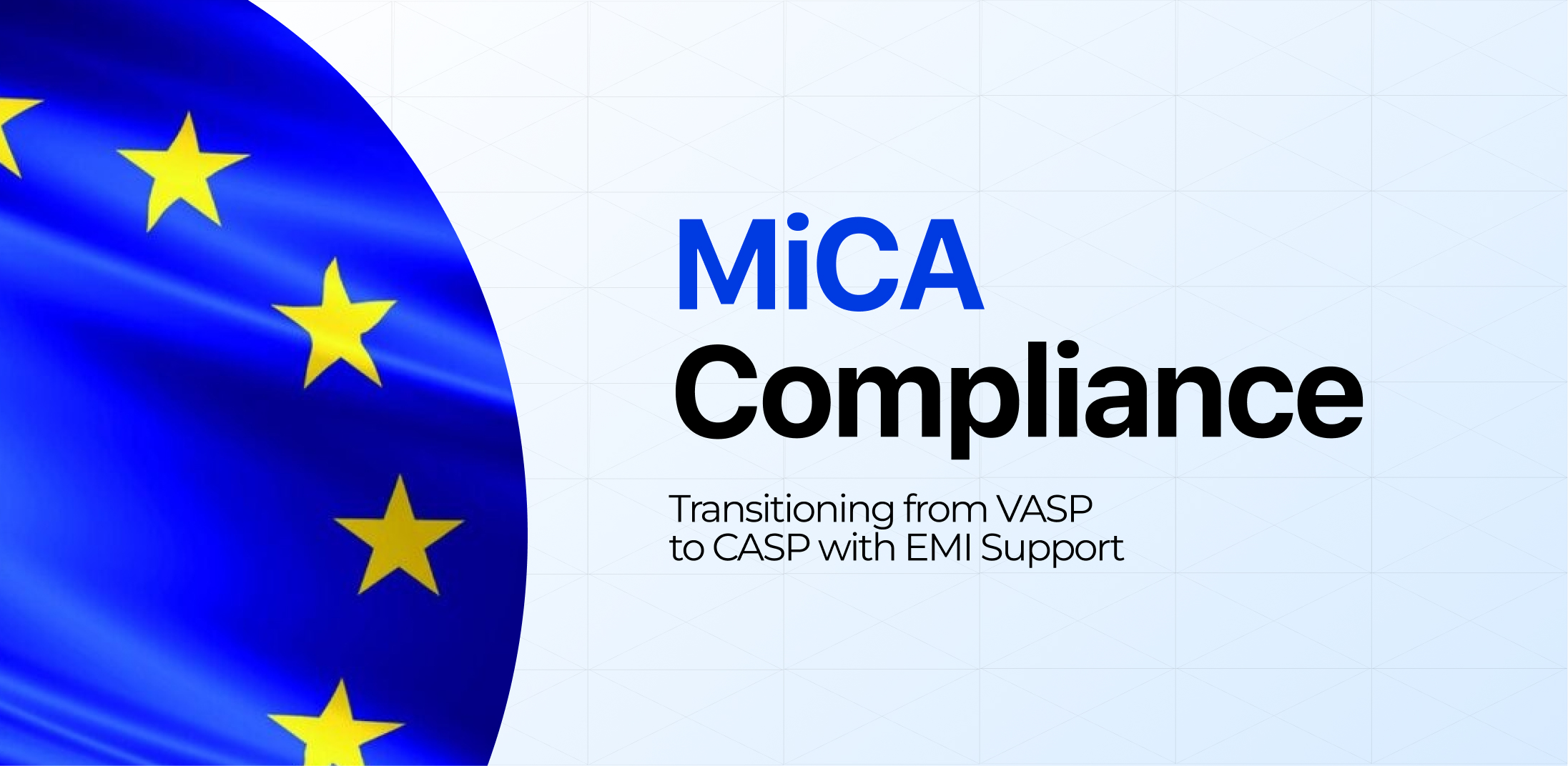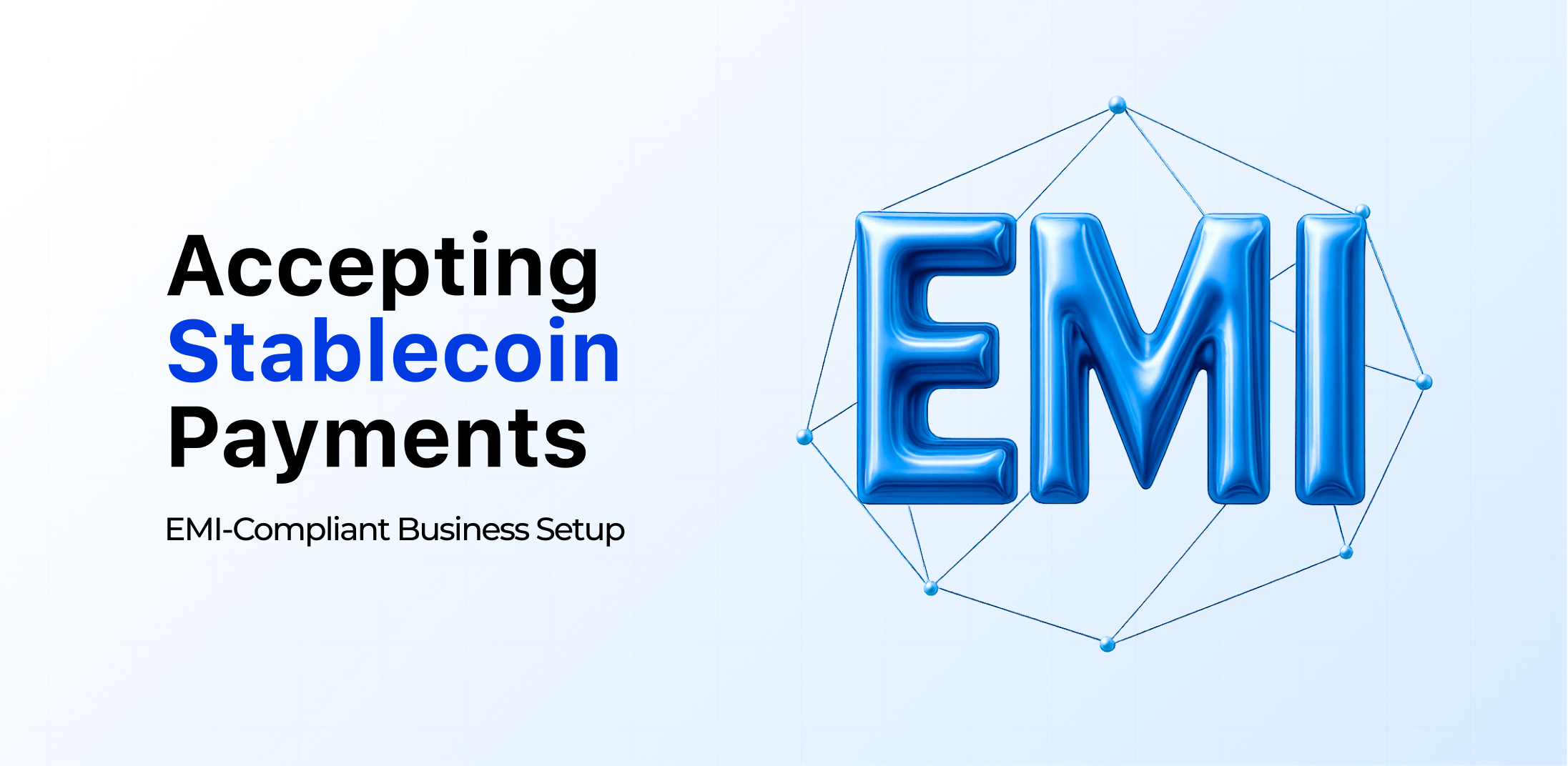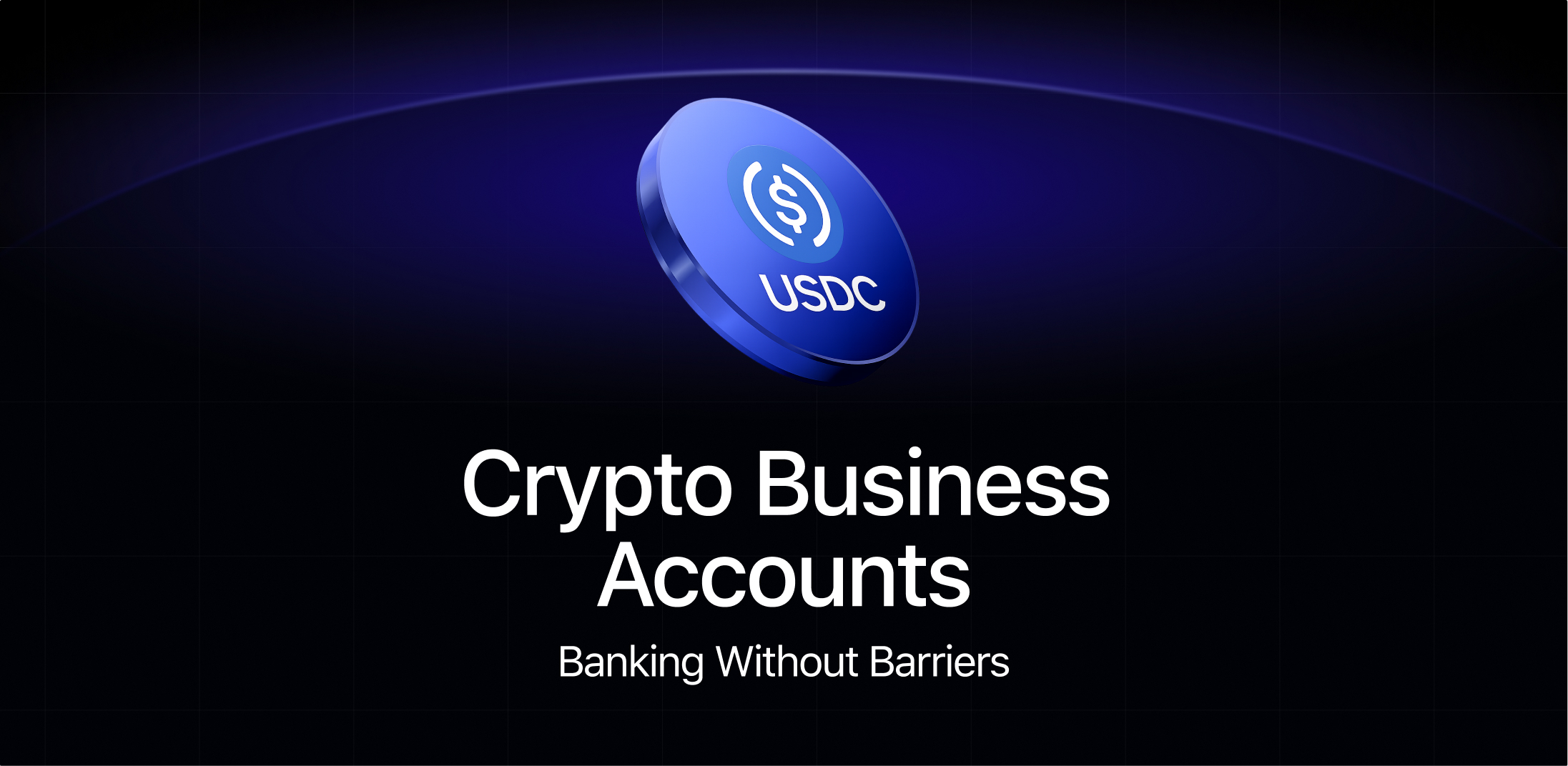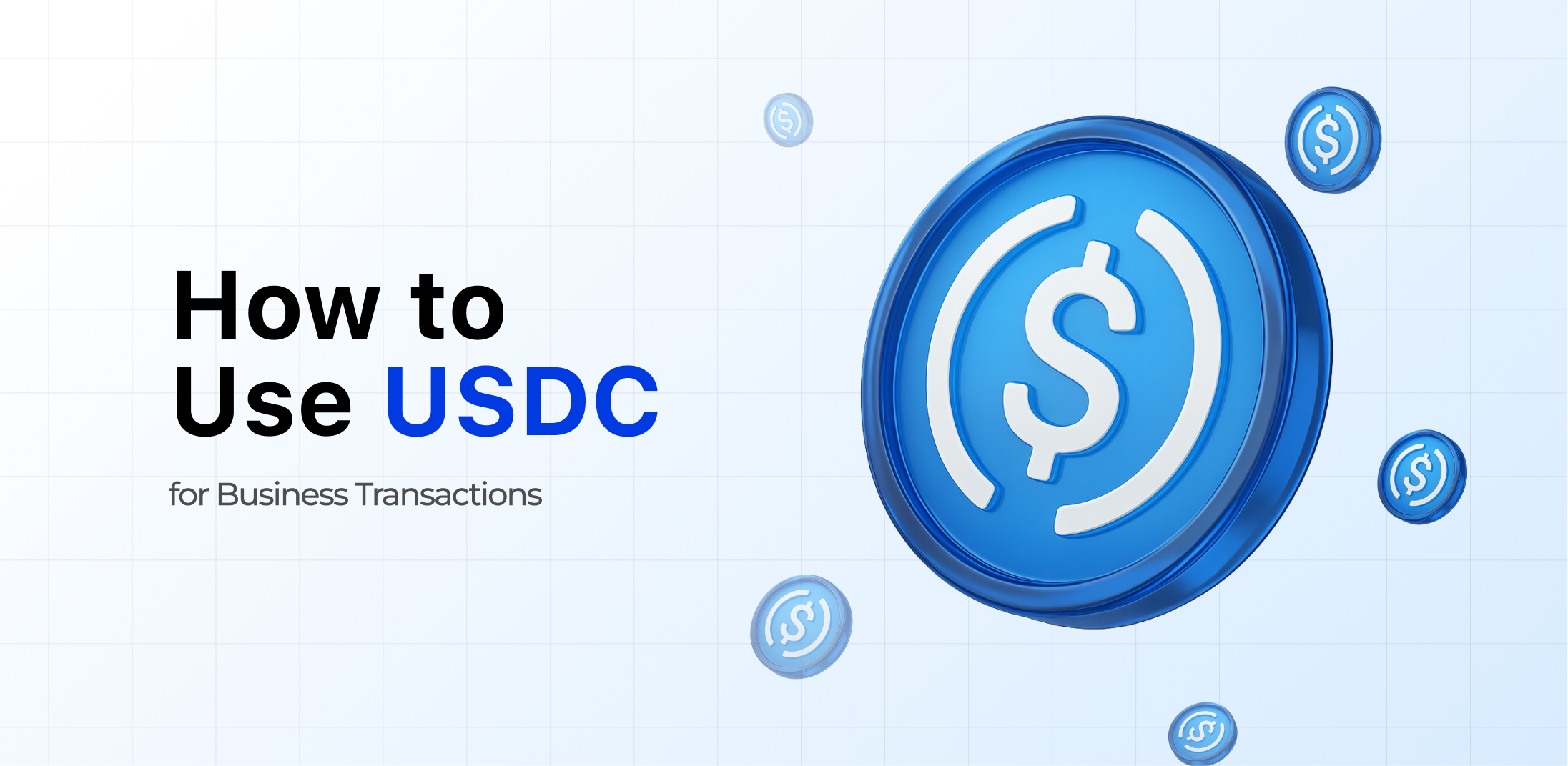Blockchain, the decentralized registry underpinning cryptocurrencies, has found widespread use in management. Its immutable and transparent nature provides a secure and immutable record of transactions, reducing fraud risks and improving traceability throughout the supply chain blockchain.
The incorporation of blockchain in supply chain payments presents a significant opportunity for enhancing the effectiveness of international transactions. Conventional approaches, entailing a convoluted web of middlemen, frequently lead to delays and higher expenses. Digital ledger, via smart contracts, enables automatic and immediate payments upon the fulfillment of predetermined conditions, streamlining procedures and decreasing dependence on intermediaries.

Understanding Blockchain and Its Role in Supply Chain Finance
What exactly is a cryptographic ledger, and how does it benefit the supply chain? In this case, it emerges as a contemporary method to streamline the movement of various components and coordinate with numerous parties involved. Let’s take a closer look at the issue of blockchain in the supply chain. PaySaxas experts are poised to delve into the matter. You can use with us safe and secure crypto exchange.
Explanation of blockchain technology and how it functions
Digital ledger technology has been in use for more than a decade. It was developed thanks to crypto projects, and today it has a place in various spheres – banking, payment services, transportation and logistics, healthcare, and many other sectors. A cryptographic ledger is a database arranged as a continuous chain of blocks that is simultaneously stored on a multitude of computers connected via the Internet. It is used to conduct transactions with various assets.
That’s why the topic of blockchain and supply chain is so relevant today. People can use the decentralized ledger to transfer money, securities, and property to each other. This is called a transaction. These operations are almost instantaneous, but they may take time to be confirmed. In the digital ledger networks, several transactions occur over a period of time. The records of these transactions are included in a single block. These blocks form the blockchain in the supply line itself.
Introduction to the use of blockchain in supply chain finance
Logistics is one of the key elements in all sectors of modern industry. It ensures that items are delivered to their destination with minimal time and cost. Simply put, it is the execution and organization of complex operations to transport goods from one place to another (usually from the place of production to the consumer). Today’s logistics industry is simply huge. As more and more participants of the global logistics market are concerned with increasing the transparency and reliability of the specific decentralized ledger, leading IT companies are promoting the idea of using digital ledger technology for this purpose.
The evolution of the modern supply chain and the role of blockchain
Blockchain is permeating an increasing number of industries daily. Entrepreneurs are endeavoring to harness a digital ledger technology across various facets of their businesses, presenting an impressive window of opportunity. The primary advantage lies in its transparency and capacity to enhance digital information ecosystems. Recognizing the potential of the digital ledger, numerous startups are starting to leverage this promising technology, even in sectors unrelated to cryptocurrencies and finance.
The logistics industry involves many parties: manufacturers, customers, suppliers, auditors and others. A digital ledger technology offers benefits to everyone involved in the supply chain blockchain. While operations can be profitable, shipping companies and retailers lose significant revenue due to inefficiencies, unnecessary intermediary costs, theft, cyber-attacks and food spoilage.

Benefits and Efficiency of Blockchain in Supply Chain Finance
It is certainly possible to highlight some benefits and performance improvements of blockchain in supply chain finance. The PaySaxas team is ready to introduce you to them.
How blockchain makes supply chain management more efficient
Once a decentralized ledger is integrated into an organization’s blockchain supply chain management system, it can optimize its operations, internal data control and business processes. For example, smart contracts can help automatically verify transactions between companies, complete standard documents (invoices, contracts, delivery notes, consignments and more), and perform data and settlement checks.
Smart contracts are software algorithms that are automatically executed when predefined conditions are met. Their key feature is that there is no need to involve a third party to guarantee the security and accuracy of the transaction. In addition, smart contracts operate according to predefined algorithms and specifications that can be easily verified because they are open source software. This part of blockchain technology and supply chain further validates the quality of the new system and what it brings to the operation of the business.
How blockchain technology can cut costs from the supply chain infrastructure
In virtually every corner of the global landscape, businesses rely on enterprise resource planning (ERP) and supply chain management (SCM) software. Although substantial investments in digital infrastructure have proven effective, the advent of a digital ledger technology heralds a transformative paradigm shift in the current management.
For businesses, this translates into cost-saving opportunities previously unattainable with conventional technologies. Automating processes, eliminating intermediaries and improving the efficiency of financial transactions can significantly reduce supply chain blockchain management costs for companies. It will also help reduce paperwork and the various costs associated with correcting data errors and inconsistencies.
Improving Transparency and Traceability in Supply Chain with Blockchain
A current cryptographic ledger technology transforms supply chain blockchain management by enhancing transparency and traceability throughout the process. Establishing a single, immutable version of truth across supply chains, fosters trust among partners while minimizing risks related to counterfeit products and data tampering.
A digital ledger registries are permanent and immutable, so if there is any disruption in the management, it can be easily traced back to the starting point. Moreover, when using a decentralized ledge for this kind of management, the likelihood of human error is virtually nil, so records and daily activities are greatly simplified and data errors are minimized.

Challenges and Future Outlook of Blockchain in Supply Chain Finance
Key challenges for using blockchain in the supply chain
A decentralized ledger faces numerous challenges on its path to becoming a mainstream technology. One of the pivotal hurdles pertains to the design and administration of the technology. In the absence of a standardized framework ensuring interoperability among systems across various industries and supply chain blockchain, scalability becomes a daunting task.
It necessitates alignment with existing legacy systems alongside both private and public blockchains. Developers must outline a clear roadmap for a digital ledger advancement, particularly focusing on enhancing the flexibility of smart contracts, fostering wider adoption, and fortifying the security of the technology.
Digital ledger enthusiasts and pioneers often used complex language and technical jargon to explain blockchain. As a result, users still do not understand how a digital ledger works and what advantages it has over other existing technologies. These benefits need to be demonstrated through concrete, practical business examples.
Future outlook for blockchain in supply chains and its potential impact
Emerging technologies present promising prospects for comprehensive enhancements in supply chains. The utilization of a digital ledger technology holds the potential to enhance transparency, refine tracking mechanisms within the supply chain blockchain, and curtail administrative expenses. By employing a decentralized ledger technology, the participants can input data regarding price, location, quality, product certification, transaction dates, and other pertinent details, thereby facilitating more effective management of the entire chain as a unified entity.
The availability of this information can improve material supply monitoring, reduce losses from counterfeit and gray goods, and increase transparency and compliance with third-party contract manufacturers. It can also strengthen an organization’s leadership position in sustainable manufacturing.
Final thoughts about the role and benefits of blockchain in supply chain finance
Blockchain-based finance platforms can revolutionize the way organizations manage their cash flow and working capital by providing real-time settlement, increased visibility, and access to alternative financing choices. As cryptographic ledger technology advances, firms that want to stay competitive and promote innovation in the dynamic landscape of supply chain operations must embrace its possibilities in financing.
For businesses, a cryptographic ledger stands as the cornerstone for slashing costs, boosting efficiency, and fortifying their stance in a bustling and cutthroat market. Let’s follow and track new trends in blockchain in the supply chain together with PaySaxas experts.


